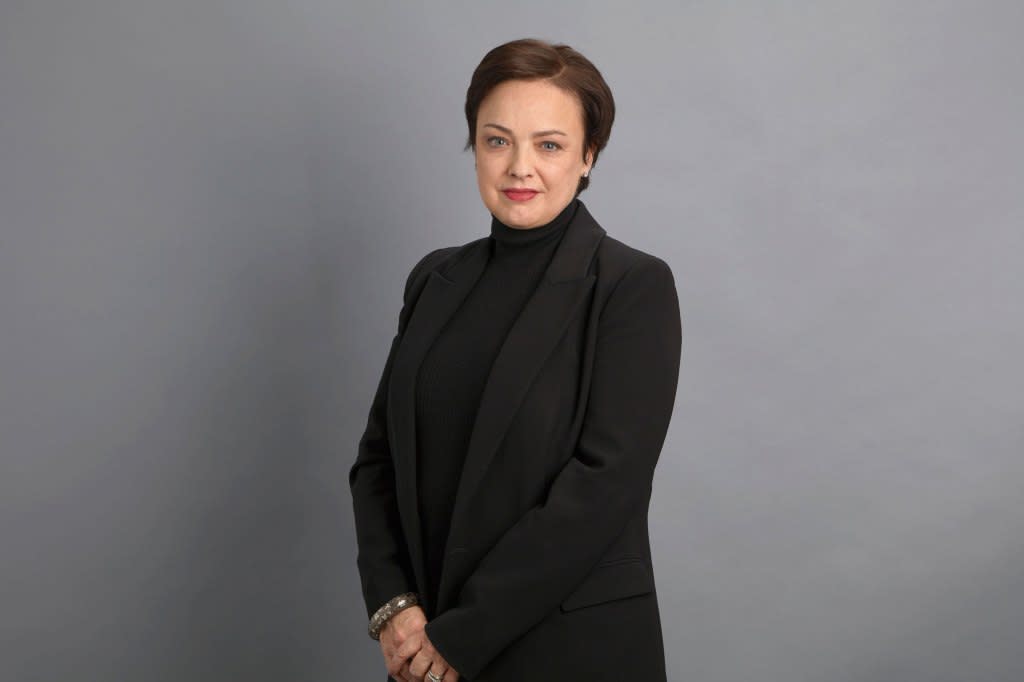Kate Spade confronted the tragic death of its founder head-on. Now its CEO aims to honor the legacy of that loss
Good morning, Broadsheet readers! Doug Emhoff urges men to support abortion rights, Baidu's head of PR causes a PR crisis, and Kate Spade stays committed to mental health, six years after the death of its founder. Have a restorative weekend.
- Impact of a tragedy. Kate Spade's death by suicide in 2018 was a devastating moment for fans of the well-known designer and her eponymous brand. The tragedy required Kate Spade, the brand, to face reality head-on. "It happened, and there's no hiding from it," says Kate Spade CEO and brand president Liz Fraser.
Fraser joined the Tapestry-owned brand in 2020, two years after Spade's death. But she says the Kate Spade customer "never would have allowed" the brand to ignore or try to move past the death of its cofounder. "They felt like she was their friend," Fraser says.
In the years since, the brand has doubled down on its work in women's mental health, which started with an effort to support women in Rwanda dealing with the effects of generational trauma. After Spade's death, it pledged $1 million to support mental health, and it's partnered with actress Taraji P. Henson's foundation to support Black women's and girls' mental health. During the pandemic, when mental health became a wider societal conversation, Kate Spade had a head start. It took a closer look at the mental health of its own staff, instituting no-meeting blocks, which became crucial guardrails during tense times, like the FTC-challenged merger of Tapestry and Capri.

Coach owner Tapestry bought the brand in 2017 in an effort to reach millennials and aimed to reengage that core customer through a multi-year turnaround. Kate Spade's philanthropic work became an integral part of the brand, rather than just a side project for the $1.42 billion business. The Kate Spade customer comes to the brand because they feel an emotional connection—and especially to feel "joy," Fraser says. "We call her the ‘enthusiast,’" Fraser says. "She's a very nurturing person. She's very motivated to help others." She's also usually a married, working woman in her late 30s.
For Fraser, leading a brand so closely tied to its founder—and her tragic death—is an "honor." “I feel honored to work for a brand that has values informed by our history, our heritage, and our experiences,” she says. She previously worked for Marc Jacobs and Liz Claiborne.
"Mental health is a big deal. It's a very large problem," she adds. "We can't stigmatize it because it's only leading to more tragedy."
Emma Hinchliffe
emma.hinchliffe@fortune.com
The Broadsheet is Fortune's newsletter for and about the world's most powerful women. Today's edition was curated by Joseph Abrams. Subscribe here.
This story was originally featured on Fortune.com
